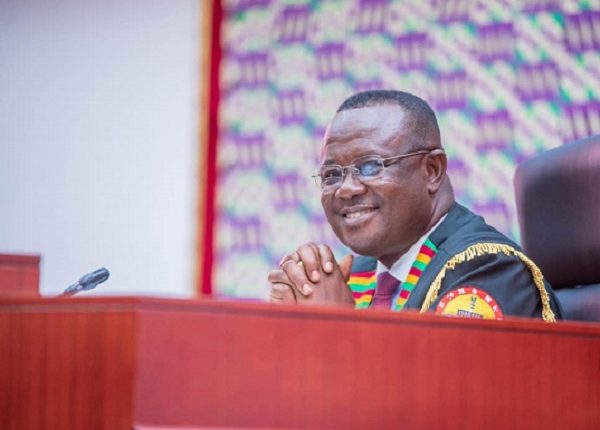The Supreme Court has ruled that a Deputy Speaker presiding over proceedings in Parliament has the right to vote on matters and also be counted as part of the quorum for decision-making in Parliament.
In a unanimous decision today, a seven-member panel of the apex court held that upon a true and proper interpretation of Article 103 and 104 of the 1992 Constitution, a Deputy Speaker who happens to be a member of Parliament does not lose his right to take part in decision making in Parliament, reports Graphic Online’s Emmanuel Ebo Hawkson who was in the courtroom.
In view of the decision, the apex court held that the passing of the budget on November 30, 2021 in which Mr Joe Osei Owusu , the first Deputy Speaker counted himself as part of the quorum, was valid.
Also, the court has struck down order 109(3) of the standing orders of Parliament which prevented a deputy speaker presiding from voting, as unconstitutional.
The court gave the decision today after it dismissed a writ by a law lecturer, Justice Abdulai, who was challenging the decision of Mr. Owusu to be counted as part of the quorum to pass the budget.
The unanimous decision was given by Justices Jones Dotse, Nene Amegather, Prof Ashie Kotey, Mariama Owusu, Lovelace Johnson, Clemence Honyenuga and Yonny Kulendi.
The court did not give its reasons for the decision but said the reasons would be filed by Friday at the Court’s registry [March 11, 2022]. The Supreme Court has ruled that a Deputy Speaker presiding over proceedings in Parliament has the right to vote on matters and also be counted as part of the quorum for decision-making in Parliament.





